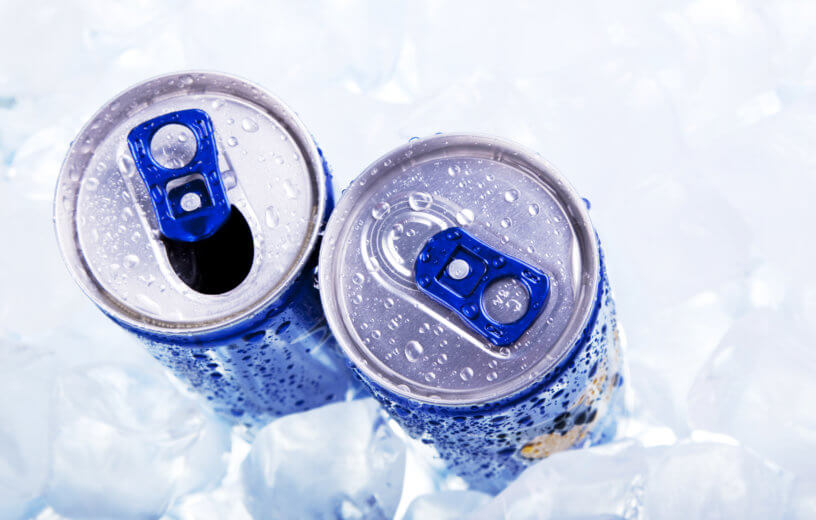
DALLAS — Consuming energy drinks in a short timespan may lead to abnormal heart function and rapid blood pressure changes, according to a new study published by the American Heart Association.
Researchers warn that people who drink 32 ounces of energy drinks may experience abnormal electrical activity in the heart within three to four hours from consumption.
“Energy drinks are readily accessible and commonly consumed by a large number of teens and young adults, including college students. Understanding how these drinks affect the heart is extremely important,” says study co-author Kate O’Dell, a professor of pharmacy and director of experiential programs at the Thomas J. Long School of Pharmacy and Health Sciences, in a statement.
For the study, the authors looked at what’s knows at the QT interval when investigating heart activity. The QT interval is the time it takes the lower chambers of the heart (ventricles) to prepare to generate a heartbeat again. If the QT is too long or too short, a heart arrhythmia — or abnormal heartbeat — can occur and potentially cause life-threatening outcomes.
The study involved 34 healthy volunteers between ages of 18 and 40. Participants were randomly assigned one of two commercially-available caffeinated energy drinks or a placebo drink, all 32 ounces, on three different days. The volunteers drank each beverage within a 60-minute time period, but no faster than 16 ounces consumed in 30 minutes. The drinks contained between 304 to 320 milligrams of caffeine.
Researchers found that energy drink consumers had between a 6 and 7.7-millisecond increase in their QT interval. They also calculated systolic and diastolic blood pressure increases of 4 to 5 mmHg. The findings also revealed that the QT interval changes occurred more often four hours after consuming the energy drink.
“We found an association between consuming energy drinks and changes in QT intervals and blood pressure that cannot be attributed to caffeine. We urgently need to investigate the particular ingredient or combination of ingredients in different types of energy drinks that might explain the findings seen in our clinical trial,” said lead author Sachin A. Shah, professor of pharmacy practice at the University of the Pacific.
The AHA says the study is the largest of its kind to examine the effects of energy drinks on the heart and blood pressure in young, healthy volunteers. It’s estimated that 30% of children between ages 12 and 17 in the U.S. regularly consume energy drinks.
The study is published in the Journal of the American Heart Association.
